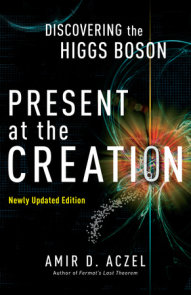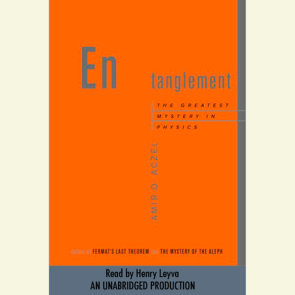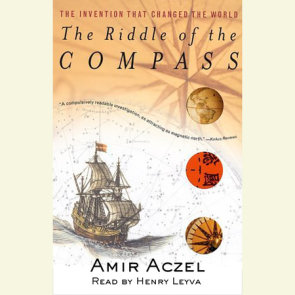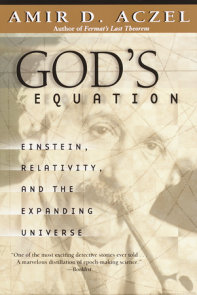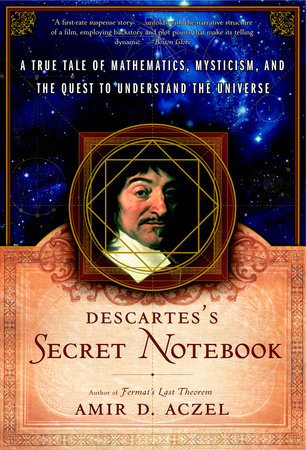

Descartes's Secret Notebook
By Amir D. Aczel
By Amir D. Aczel
By Amir D. Aczel
By Amir D. Aczel
Category: Philosophy | Biography & Memoir
Category: Philosophy | Biography & Memoir

-
$23.00
Oct 10, 2006 | ISBN 9780767920346
-
Feb 19, 2009 | ISBN 9780307494801
YOU MAY ALSO LIKE
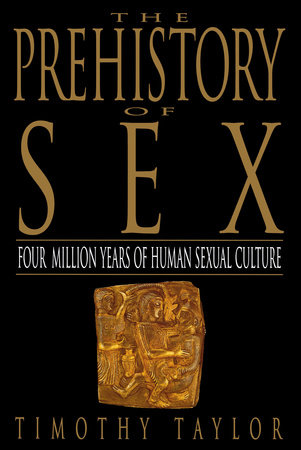
The Prehistory of Sex
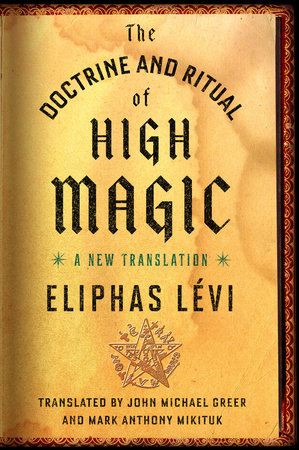
The Doctrine and Ritual of High Magic

Horseshoe Crabs and Velvet Worms
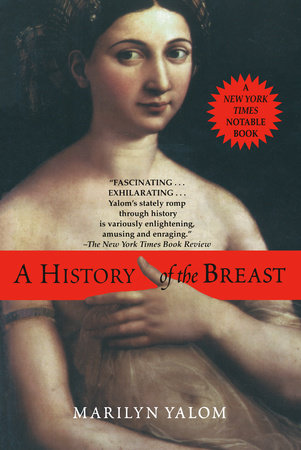
History of the Breast
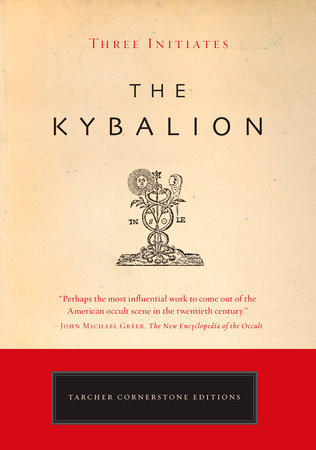
The Kybalion
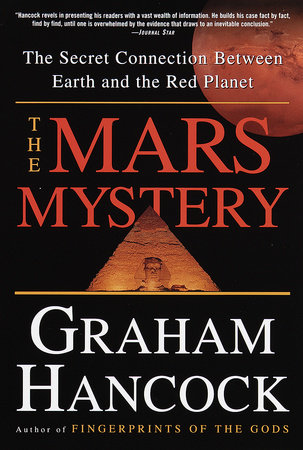
The Mars Mystery
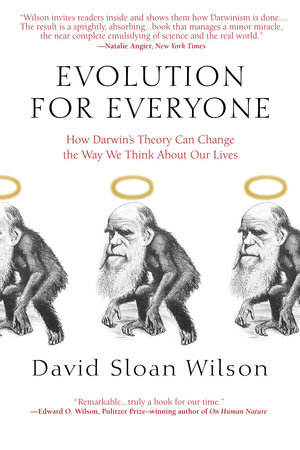
Evolution for Everyone
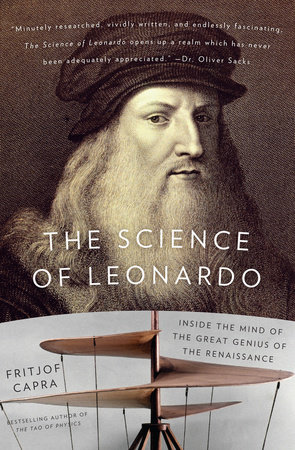
The Science of Leonardo
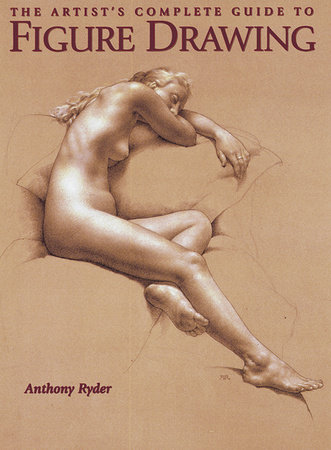
The Artist’s Complete Guide to Figure Drawing
Praise
“Aczel catapults the reader into a world where burgeoning intellect was cloaked in intrigue.” —The Washington Post Book World
“Aczel joins the ranks of Roger Penrose, Stephen Pinker, Francis Crick, and others.”—Keith Devlin, author of Goodbye, Descartes: The End of Logic and the Search for a New Cosmology of the Mind
“Splendid . . . first-rate.” —Publishers Weekly (starred review)
“Aczel reveals the mystery behind . . . one of the Western world’s greatest minds . . . [Descartes’s Secret Notebook] reads like a mystery novel as well as a biography.” —Science News
21 Books You’ve Been Meaning to Read
Just for joining you’ll get personalized recommendations on your dashboard daily and features only for members.
Find Out More Join Now Sign In









